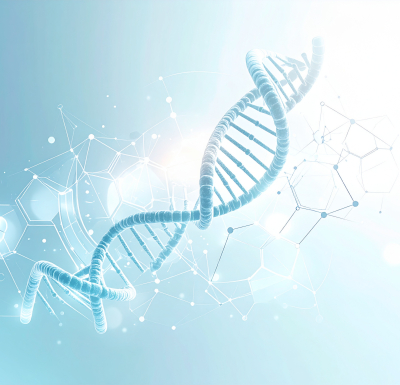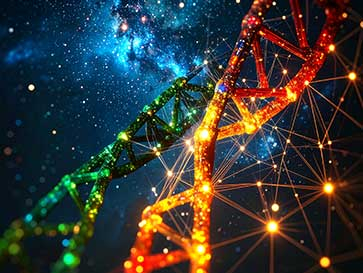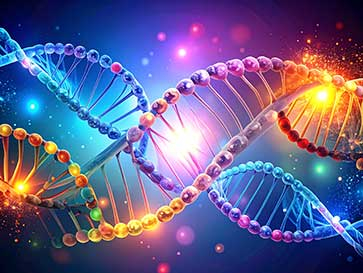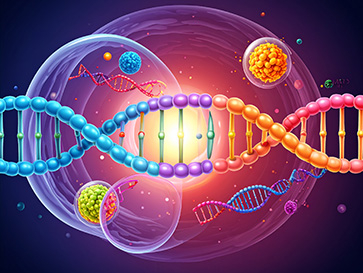Decoding life – one cell at a time
Our lab explores the biology of tissues and organs through the lens of single-cell genomics. We develop cutting-edge technologies and computational tools to uncover the cellular and molecular mechanisms that drive development, regeneration, and cancer. Our goal is to enable early detection, personalized therapies, and advances in regenerative medicine by understanding biology at single-cell resolution.
Fields of Interest
Recent Publications
Tannenbaum, E., Markiewitz, D., Kalisky, T., & Kugler, H. (2025). Characterizing Gene Regulatory Network Ensembles in Kidney Injury and Repair. In BCB 2025 - Proceedings of the 16th ACM International Conference on Bioinformatics, Computational Biology, and Health Informatics Article 38 (BCB 2025 - Proceedings of the 16th ACM International Conference on Bioinformatics, Computational Biology, and Health Informatics). Association for Computing Machinery, Inc. https://doi.org/10.1145/3765612.3767300
Maimon, T., Trink, Y., Goldberger, J., & Kalisky, T. (2025). Unsupervised Machine Learning Reveals Temporal Components of Gene Expression in HeLa Cells Following Release from Cell Cycle Arrest. INTERNATIONAL JOURNAL OF MOLECULAR SCIENCES, 26(19), Article 9491. https://doi.org/10.3390/ijms26199491
Trink, Y., Urbach, A., Dekel, B., Hohenstein, P., Goldberger, J., & Kalisky, T. (2024). Characterization of Alternative Splicing in High-Risk Wilms’ Tumors. INTERNATIONAL JOURNAL OF MOLECULAR SCIENCES, 25(8), Article 4520. https://doi.org/10.3390/ijms25084520
Trink, Y., Urbach, A., Dekel, B., Hohenstein, P., Goldberger, J., & Kalisky, T. (2023). Characterization of Continuous Transcriptional Heterogeneity in High-Risk Blastemal-Type Wilms’ Tumors Using Unsupervised Machine Learning. INTERNATIONAL JOURNAL OF MOLECULAR SCIENCES, 24(4), Article 3532. https://doi.org/10.3390/ijms24043532




